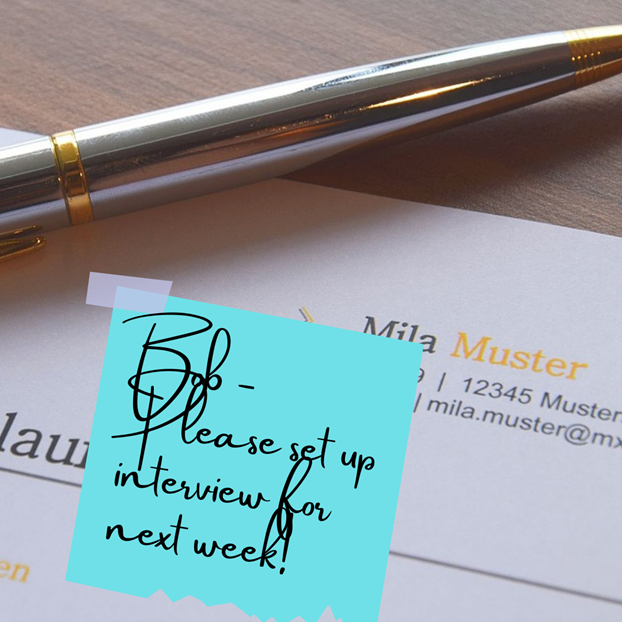Should you still include a cover letter with your resume submission?
At Transition Solutions, we get asked this question a lot from our clients as we help them with workforce changes and career transitions.
Cover letters have traditionally been sent with resumes and CVs with the purpose of providing a succinct picture of the applicant’s qualifications.
Recent surveys of recruiters suggest that around 50% of them ignore cover letters. We recommend that you should be on the safe side and send a powerful, strong and letter or email. A well written letter will demonstrate your strengths, your ability to communicate and the value you will be bringing to the organization.
Fast Company recently shared the value of an effective cover letter during the pandemic in their statement, “There’s more competition for each job opening during this crisis, and applicants will need to do more to stand out. One way is through a well-constructed cover letter.”
Cover Letter as a Sales Document
- Your cover letter is a sales document and should be written as such. Finding your next position is a sophisticated sales and marketing exercise that sells a unique product – You.
- Think of your cover letter as a written version of your 30 second ‘elevator speech’. Write it as if your future depends on it – it does!
- Your personal brand is important and it should come across in your letter.
- When writing the letter think of yourself as the hiring manager reading it, write it in a manner that you think will demonstrate your skills and enthusiasm.
- This is not a copy of your resume.
The Layout
Each cover letter should include three sections: the introduction, your experience and value and the closing or action statement as described below.
- Introduction – Critical component to draw your reader in. The introduction should include the title of the position that you are applying for, also include details of any common connections, for example the name of someone who may have referred you to the company. Why you want to work specifically for the company (vision, mission, etc.) and/or a comment as to your strengths could also be appropriate in this first section.
- Experience and Value – While every word in a cover letter is important this section is probably more important than any other. This is selling time, this is the section where you will briefly and concisely describe how you can make a difference. Use an example if possible that demonstrates clearly how you can add value. Make sure to highlight the key requirement(s) from the job description.
- Closing and Action – The final paragraph should contain a wrap up and call for action. The call maybe as simple as saying that you will follow up on a specific day by email or telephone or direct as in asking for an interview. Whatever your choice is make sure that you follow through.
Overall, your cover letter should be concise and impactful. The effort you put into crafting a well written cover letter will not be wasted should you get the desired outcome, an interview!
At Transition Solutions, we have been helping companies and individuals with workforce changes for thirty years. Our strong reputation for consistently delivering exceptional service at value sets us apart. If you would like more information on our services please check out our website at https://www.transitionsolutions.com/ or you can contact us directly at 888-424-0003 or email us at info@transitionsolutions.com.

